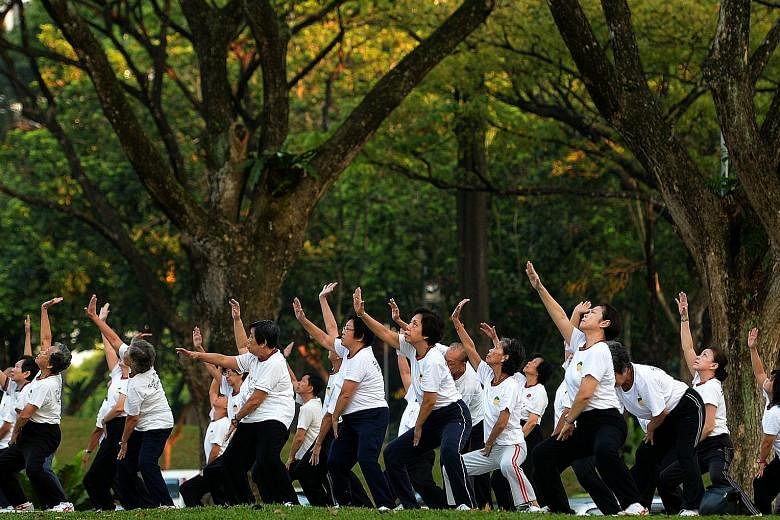A global league table assessing retirement income systems has again put Singapore at top spot in Asia and seventh overall.
The ranking comes amid concerns that the coronavirus pandemic will hit future pensions, with reduced contributions, lower investment returns and higher government debt.
The Mercer CFA Institute Global Pension Index report examined 39 retirement income systems covering almost two-thirds of the world's population using a combination of responses gathered from May to July and publicly available data. The Netherlands led the way, followed by Denmark and Israel.
The index, now in its 12th edition, assesses each retirement system through adequacy, integrity and sustainability.
The adequacy category examines a system's benefits, design, savings levels and home ownership, among other factors, to determine its ability to provide enough income.
Integrity considers factors such as regulation, governance, communication and operating costs, while sustainability measures how likely a system will be able to provide benefits in the future.
Singapore ranked seventh for adequacy, 11th for integrity and 12th for sustainability.
It is Asia's top retirement system, followed by Hong Kong and Malaysia.
Dr David Knox, senior partner at Mercer and the study's lead author, told a briefing last Friday that Singapore ranked well as it has an established system - the Central Provident Fund (CPF) - with good governance and wide coverage of all employed Singaporean residents.
"The CPF also has an annuity focus, so you have an income-oriented system with money being set aside for the future," added Dr Knox in reference to CPF Life, which provides a lifelong monthly payout once a member turns 65.
The report noted that the Singapore Government implemented changes to the CPF scheme in 2016, including more flexibility in drawing down retirement pension amounts and increases to certain contribution and interest rates.
Singapore also retained its "B" grade, indicating that it is a pension system with a sound structure but with areas for improvement.
Mr Chong Chee Loong, who heads Mercer's wealth business in Singapore, said the system can be improved by reducing the barriers to established tax-approved group corporate retirement plans and increasing the age at which CPF members can access retirement savings.
"The system would also be fortified by opening the CPF to non-residents working in Singapore, given that they comprise a significant portion of the workforce," he added.
Mr Chong noted that the Government has focused on safeguarding businesses and Singaporeans amid the pandemic and, in doing so, has also looked at maintaining the strength of its pension system, including deferring a planned increase in CPF contribution rates for senior workers to Jan 1, 2022.
It also announced the CPF Transition Offset scheme, which will cover half of the increase in employer CPF contribution rates for one year, and will be calculated based on employees' incomes paid up to the CPF salary ceiling of $6,000 per month in 2022.
The report said higher government debt due to pandemic support measures is likely to restrict the ability to support older populations through pensions or other services such as health or aged care.
Professor Deep Kapur, director of the Monash Centre for Financial Studies in Melbourne, said: "The outlook for investment returns is muted while volatility may be elevated, adding to the normal challenges of risk management in a pension portfolio. Additionally, some governments have allowed temporary access to saved pensions or reduced the level of compulsory contribution rates to improve liquidity positions of households." He said these developments will likely affect pension systems and influence the index in the next few years.
The research project was sponsored by CFA Institute, the global association of investment professionals, in collaboration with the Monash Centre for Financial Studies and global consultancy Mercer.



